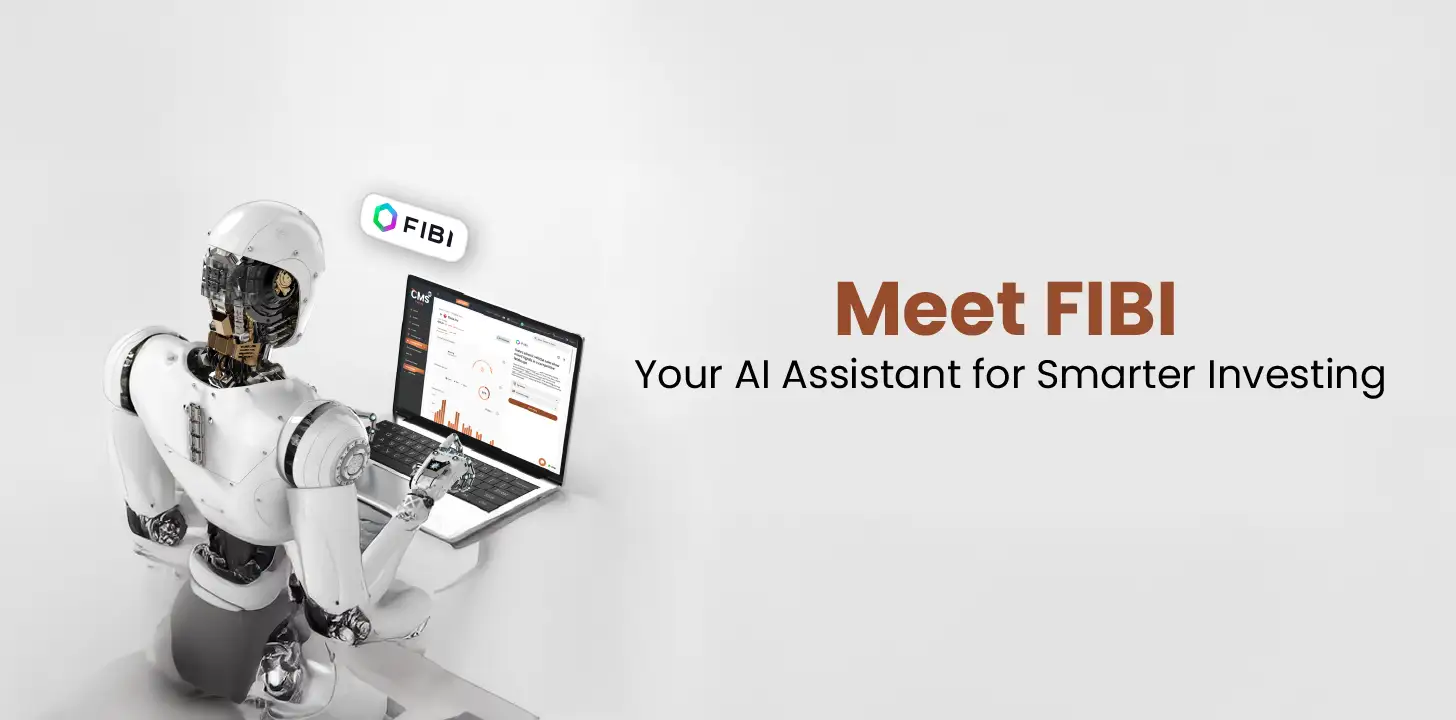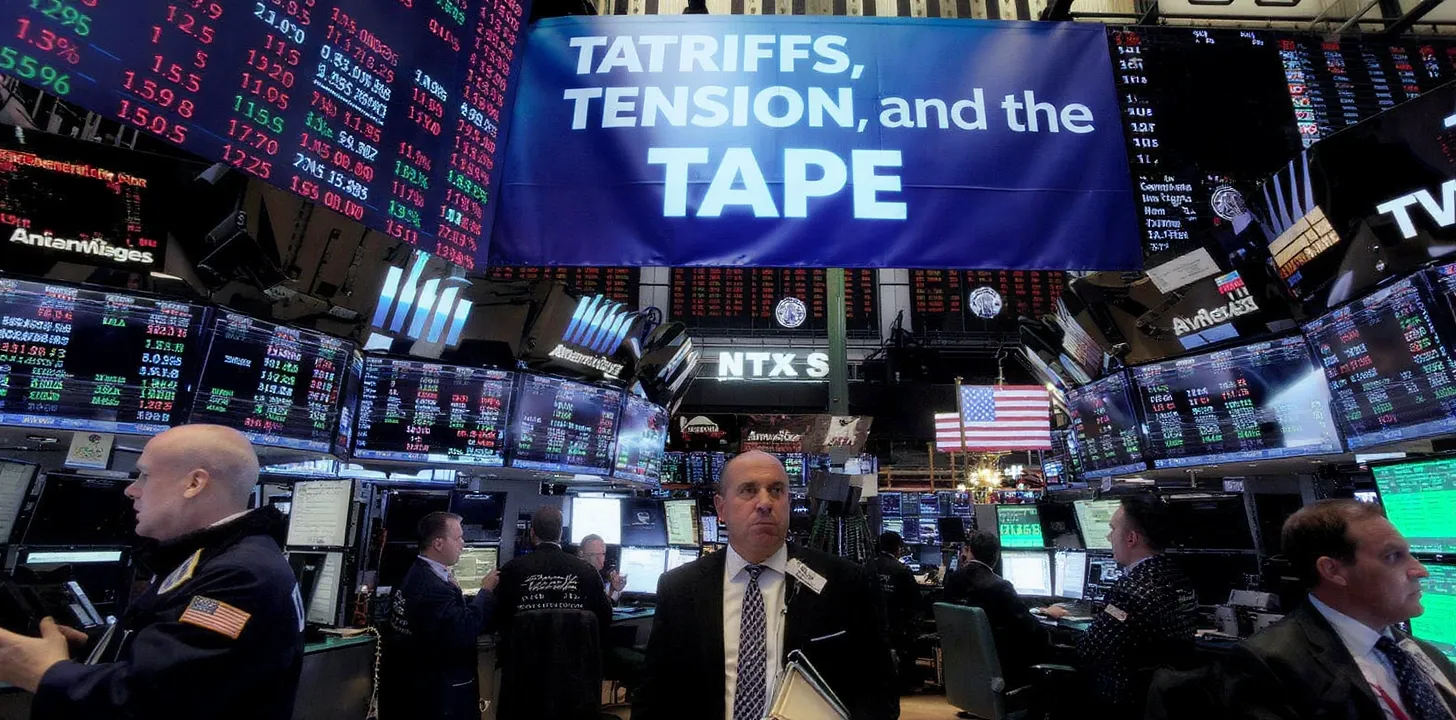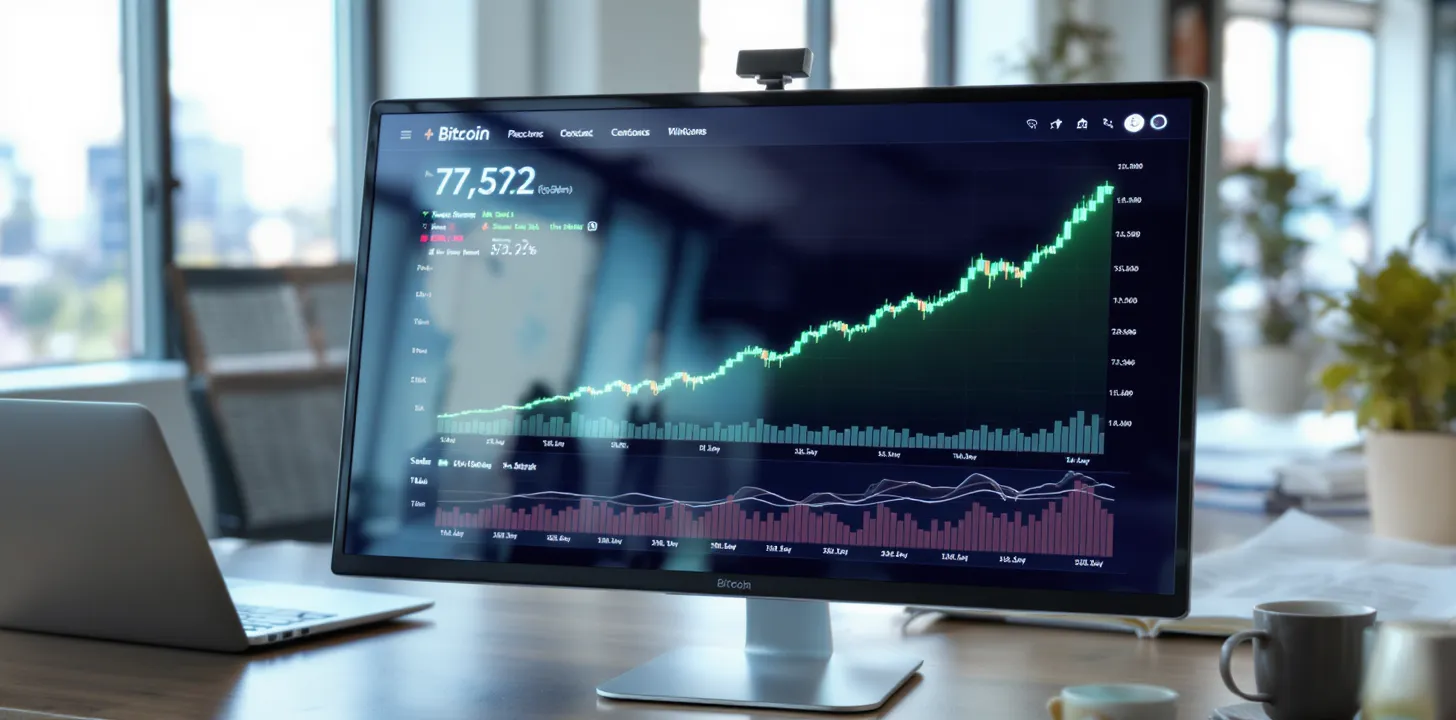The technology sector continues to be a hub of innovation, with artificial intelligence (AI) emerging as a transformative force reshaping industries. Recent surveys highlight a growing interest in generative AI tools such as OpenAI's ChatGPT and Google's Gemini. Nearly one-third of Americans reported using these tools in the past week, signaling widespread adoption. However, businesses remain cautious, with just over 6% integrating AI into their operations. This slow but steady adoption reflects both the potential and the challenges associated with AI implementation in corporate strategies.
AI's Corporate Momentum and Financial Performance
AI companies are pushing boundaries, as seen in the recent financial performance of AI software provider C3.ai. The company exceeded market expectations by reporting lower-than-expected losses and higher revenue. Despite these achievements, its stock faced a downturn due to plans for a significant stock sale by its CEO. This reflects the delicate balance between financial milestones and investor sentiment in the tech world.
C3.ai also announced a global alliance with Microsoft, leveraging the latter's Azure sales force to expand its market presence. Such partnerships underscore the importance of collaboration in scaling AI technologies to meet growing demand.
Competition in the AI Hardware Market
In the hardware segment, competition remains fierce, particularly in the AI chip market. Advanced Micro Devices (AMD) faced challenges as analysts downgraded its stock, citing competitive pressure from Nvidia and a potential slowdown in PC processor demand. This highlights the ongoing rivalry in a market critical to enabling AI advancements.
Regulatory and Geopolitical Challenges
The tech sector also grapples with regulatory hurdles. TikTok and its parent company ByteDance are battling a potential U.S. ban, citing national security concerns over data collection practices. The case is expected to reach the Supreme Court, marking a significant moment for global tech companies navigating regulatory scrutiny in international markets.
Quantum Computing Breakthroughs
Meanwhile, Alphabet, the parent company of Google, made headlines with advancements in quantum computing. The unveiling of its Willow chip promises to perform tasks beyond the capabilities of traditional supercomputers. Such innovations showcase the diverse applications of technology, extending beyond core services like search engines and advertising.
Voice AI in Everyday Applications
Voice AI technology is also gaining traction, as demonstrated by SoundHound AI's rapid growth. A partnership with Torchy's Tacos to implement voice AI in restaurants reflects how technology is transforming everyday experiences. SoundHound’s technology is already used in thousands of restaurants, making it a key player in the digital transformation of the food and beverage industry.
Robotics and Consumer Tech
Tesla continues to expand its product portfolio with the reintroduction of its Tesla Bot Action Figure, a miniature version of its Optimus robot. While it might appear as a playful addition, such products underline Tesla’s commitment to integrating robotics into mainstream consumer products, blending innovation with accessibility.
The Road Ahead
The technology sector's journey is marked by groundbreaking innovations, strategic alliances, and significant challenges. From AI adoption and quantum computing to regulatory battles and consumer tech innovations, the industry is shaping a future defined by connectivity and intelligence. As companies navigate this landscape, their ability to adapt, collaborate, and innovate will determine their success in this rapidly evolving sector.



